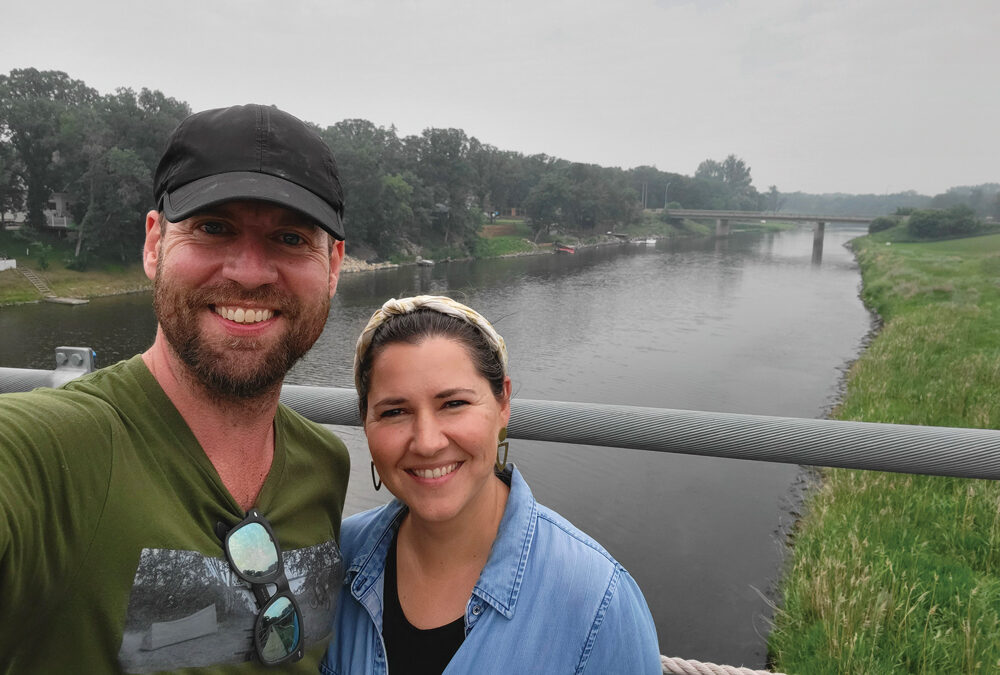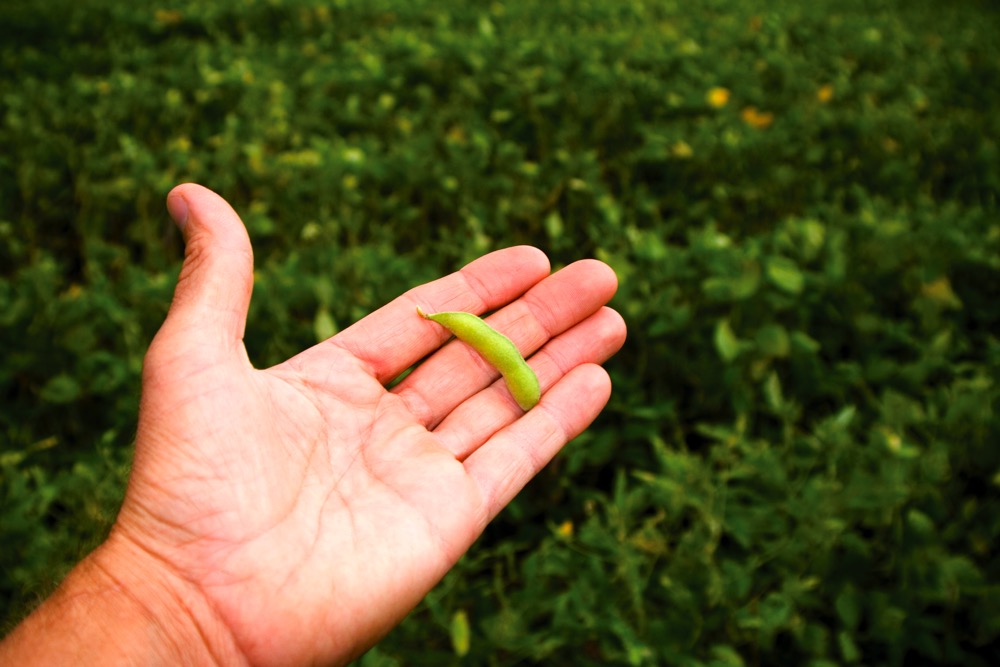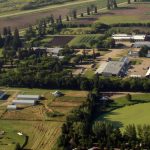What do you think the median salary is in this room, right now?” asked the journalist sitting next to me. I laughed and said a number, but it was probably low by a couple hundred thousand.
I was invited to attend and cover the Fortune Magazine’s Fortune Global Forum in Toronto in mid-October.
“This annual by-invitation-only meeting brings together the CEOs of the world’s biggest corporations — the Fortune Global 500 — with innovators, builders, and other selected experts to explore the key issues shaping global business,” reads the event’s website.
Read Also

Avoid these thought traps when investing
Investing for Fun and Profit: Let’s review a list, by renowned fund manager Peter Lynch, of the most dangerous things that stock market investors can say to themselves, or to others.
My invite came from Bayer.
Sidebar: As a writer, farmer and commodity-group representative who strives to be unbiased and objective, invites from private companies are not taken lightly. I wrestle with these things. Bayer is a large corporation. It just purchased Monsanto and is dealing with what that all means. I was invited as an advocate for agriculture and made it explicitly clear that me saying yes does not buy ink.
Prime Minister Justin Trudeau was there and spoke. He took questions on trade and Canadian competitiveness in the global marketplace The talk was brief and, as you’d expect, full of the kinds of words and sentences that politicians routinely use. The moderator did comment on his socks, to which Trudeau responded, “Let’s get back to the matter at hand.”
Members of Trudeau’s cabinet were there, as well. And Finance Minister Bill Morneau said a few words, as well, assuring conference attendees that Canada would be dealing with tax advantages to setting up a business in the U.S. versus Canada.
Sidebar 2: before being allowed to enter the same room as Trudeau, all members of the media had to meet in the press room (which is a small room when we’re all there at once), place our bags in the centre of that room and open up the pockets and zippers. We were then told to exit the area while a security dog sniffed our bags and equipment.
Bayer President Liam Condon flew across the pond to speak as a panellist at a session titled, “Feeding the World.”
It’s healthy to distrust large companies. Large companies don’t even trust large companies. So much so is this the case that a room full of Fortune 500 CEOs could joke about how they don’t really trust each other, believing that acknowledging this reality is a sign of self-reflection that somehow both vindicates and absolves a wide swath of actions. That is a telling example of the state of things.
The event itself and the sessions I attended were city-centric. Trade and economics were on the table. China was on the table. The new NAFTA deal, USMCA, was on the table. But the words ‘agriculture’ or ‘supply management’ were barely mentioned. The impact of USMCA was talked about in relation to the auto sector.
“Feeding the World” was one of the final sessions of the conference. I had enough time to take it in, interview Condon and catch my flight.
The panel was made up of AGT President Murad Al-Katib, President of General Mills’s natural and organic division Carla Vernón and Bayer’s Liam Condon.
The conversation remained quite cursory, exploring, as you would probably imagine, the basic premise that variety development, precision agriculture, chemistry and a sensitivity to what the consumer wants are all important factors when thinking of feeding a growing world. I’m sure everyone on that panel would have loved the opportunity to get deeper into the issues. I could sense it. But they were all happy for the time they got, I’m sure.
I could imagine it’s difficult for a company like Bayer to be beholden to a non-farming group that has a deep, genuine respect for the technological advancements made in the agricultural sector and a juxtaposing propensity to publicly rebuke such technologies by speaking out against pesticides, herbicides and genetically modified products in favour of non-GM and organic foods. And then there are the farmers, who are suspicious of monopolies and would like nothing more than to see the per-acre tech royalties go down instead of up.
Bayer had these weeds to walk through before it purchased Monsanto. Now, it has inherited a whole new set of roadblocks, stigmas and challenges.
I sat down with Condon following his panel discussion. I only had a few minutes before I needed to catch my flight home.
He assured me that the merger would not affect farmers, the products will still be available under the same names and that the company would move forward along a farmer-focused trajectory while being mindful of consumer wants and trends.
I interviewed him and have the tapes. I also have pages of notes to go through on trade with China. I think you’ll find it interesting.
I don’t like it when agriculture takes a backseat at “important” and globally-minded conferences. It’s great ag was represented. But we need to give the public the tools to make better sense of farmers and the ag sector.
Agriculture made the world a small place long before these Fortune 500 companies existed. That should always be reflected, but rarely is.
It was an honour to attend and be exposed to yet another segment of the population that needs to learn more about agriculture.














